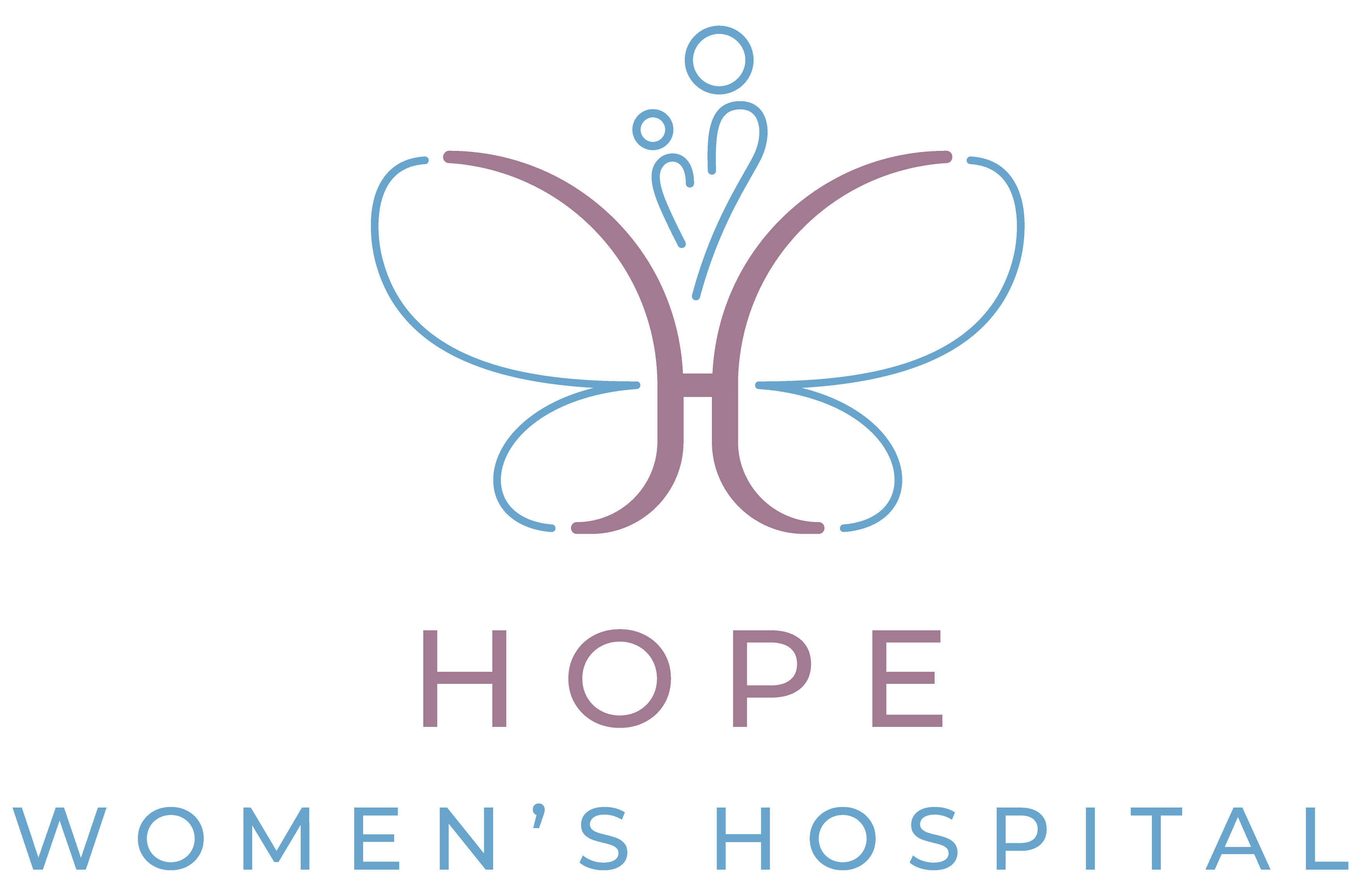Contraceptive Counseling
- 𝗛𝗼𝗽𝗲 𝗪𝗼𝗺𝗲𝗻'𝘀 𝗛𝗼𝘀𝗽𝗶𝘁𝗮𝗹
- Contraceptive Counseling

MON-SAT 8:00-9:00
+9199099 01123

Contraceptive Counseling at HOPE Women’s Hospital: Empowering Your Reproductive Choices
Contraceptive counseling is an essential aspect of women’s healthcare, providing individuals with information, guidance, and support to make informed decisions about contraception and family planning. At HOPE Women’s Hospital, we offer comprehensive contraceptive counseling services to empower women in managing their reproductive health and achieving their family planning goals.Importance of Contraceptive Counseling:
- Personalized Guidance: Contraceptive counseling involves personalized discussions with healthcare providers to assess individual needs, preferences, medical history, and reproductive goals. This helps tailor contraceptive options to each woman’s unique circumstances.
- Education and Information: Counseling sessions provide education about different contraceptive methods, including their efficacy, benefits, potential side effects, usage instructions, and considerations based on age, lifestyle, health status, and future fertility desires.
- Empowerment and Decision-Making: By understanding available contraceptive options and their pros and cons, women can make empowered decisions about contraception that align with their preferences, values, and health priorities.
Types of Contraceptive Methods:
- Hormonal Methods: These include birth control pills, patches, hormonal injections, vaginal rings, and hormonal intrauterine devices (IUDs). Hormonal contraceptives work by preventing ovulation, thickening cervical mucus, and altering the uterine lining to inhibit pregnancy.
- Barrier Methods: Barrier contraceptives, such as male and female condoms, diaphragms, cervical caps, and contraceptive sponges, physically block sperm from reaching the egg and can also offer protection against sexually transmitted infections (STIs).
- Long-Acting Reversible Contraception (LARC): LARC methods, such as hormonal IUDs and contraceptive implants, provide effective and long-lasting contraception with minimal user intervention. They offer high efficacy, convenience, and reversible options for women seeking reliable birth control.
- Non-Hormonal Methods: Non-hormonal contraceptives, such as copper IUDs and natural family planning methods (such as fertility awareness and withdrawal), offer hormone-free options for contraception.
- Emergency Contraception: Emergency contraceptive pills (morning-after pills) and copper IUD insertion after unprotected intercourse provide options for emergency contraception to prevent unintended pregnancy.
Benefits of Contraceptive Counseling:
- Effective Pregnancy Prevention: Contraceptive counseling helps women choose appropriate and effective methods of contraception to prevent unintended pregnancies and achieve reproductive control.
- Health Considerations: Counseling sessions consider individual health factors, medical history, potential contraindications, and interactions with other medications to ensure safe and suitable contraceptive choices.
- Support for Fertility Planning: Counseling includes discussions about future fertility goals, preconception care, and options for contraception cessation when planning for pregnancy.
- STI Prevention: Barrier methods and condom use are integral components of contraceptive counseling, providing protection against sexually transmitted infections (STIs) in addition to pregnancy prevention.

GET APPOINTMENT
Schedule Your Consultation
APPOINTMENT
If you are considering contraception or have questions about family planning options, schedule a confidential contraceptive counseling session with our experienced healthcare providers at HOPE Women's Hospital. We are committed to providing personalized care, education, and support to help you make informed decisions about contraception and reproductive health.
Contact us today to schedule your contraceptive counseling session and take proactive steps toward reproductive control and well-being.

